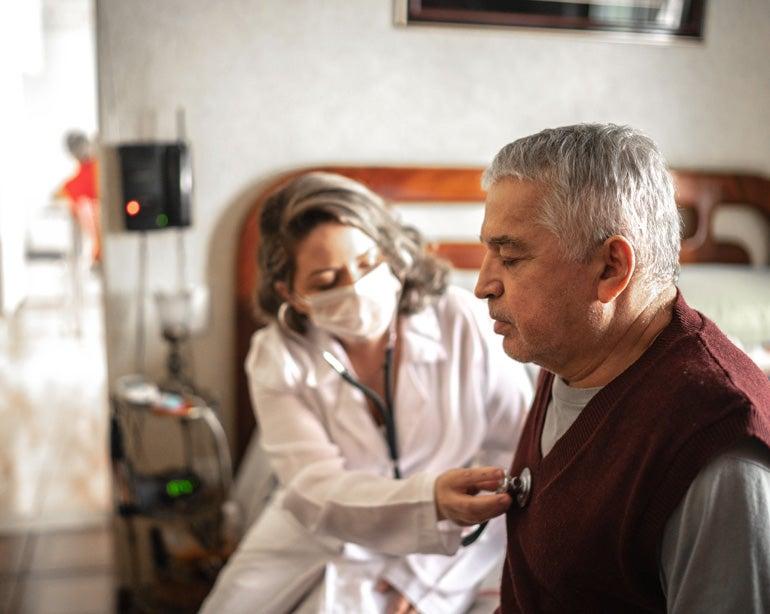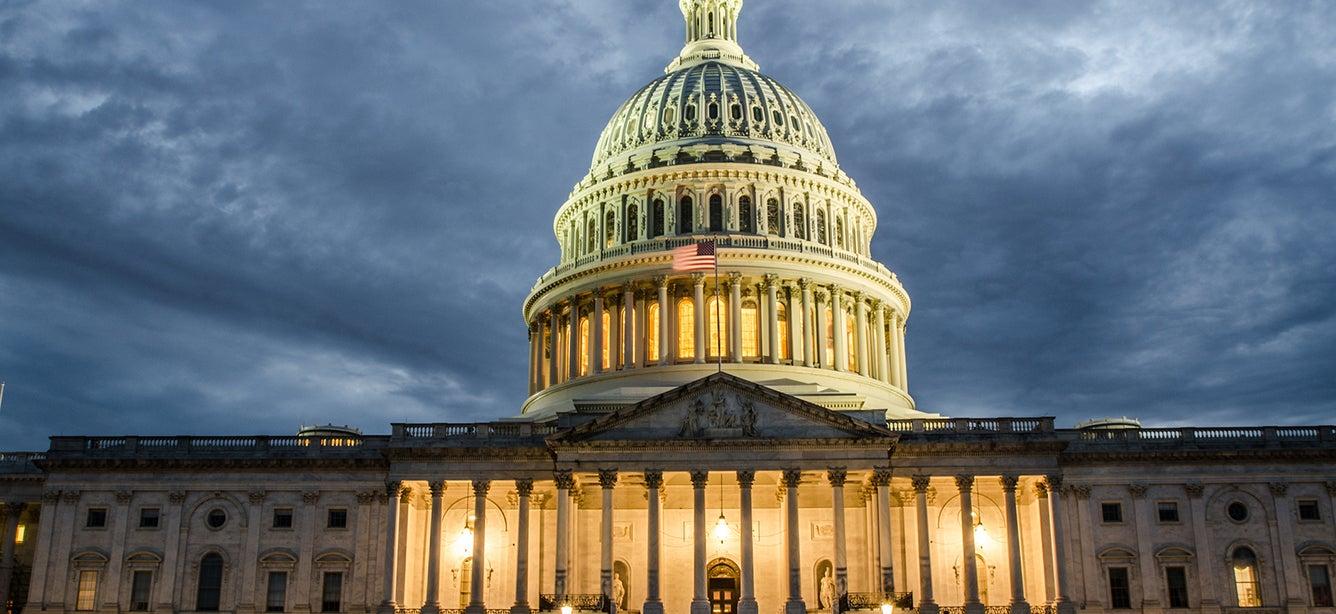Federal Budget

Advocate for Everyone to Age Well
Add your voice to protect and strengthen the policies and programs we all depend on as we age. Join the National Council on Aging by following federal aging services legislation, and speak up on the issues you care about.
Protect OAA Funding
Help protect the federal funding needed to help support older adults, families, and communities. Fight for the Older Americans Act today.
Priorities for Modernizing the Older Americans Act
Read NCOA's priorities for reauthorizing the OAA, the backbone for services to America's aging population.
More Stories
Get the Facts on Senior Centers
Aug 15, 2024





